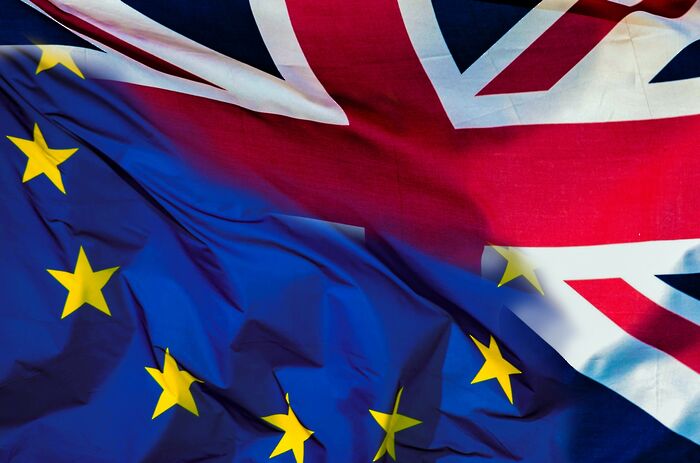Fact check: Reports of an EU staff Brexodus aren’t true – so far
Far more EU academics have joined Cambridge than have left over the past three years

Alarm about the impact of Brexit on higher education continued this month in The Independent, which ran the headline: “More than 2,300 EU academics resign amid warning over UK university ‘Brexodus’”.
The story used data The Independent had obtained exclusively from freedom of information requests made by the Liberal Democrats. It highlighted, among analysis of other universities, that Cambridge saw 173 EU academic staff leave last year, up from 153 in 2015/16, and 141 in 2014/15. The article was picked up by Politico and various higher education news sources.
Predictably, the Liberal Democrat education spokeswoman, MP Layla Moran, slammed these reported effects of Brexit, saying that they were “the latest sign of a damaging Brexodus”.
“These valued members of our communities,” she said, were “now voting with their feet.”
However, the Liberal Democrats’ freedom of information requests neglected to ask Cambridge, or any other university, for the number of EU academics that had arrived.
Rise in new EU staff
The number of non-UK EU staff who joined the University has increased year-on-year for three years.

Helpfully, Cambridge has provided figures which show that the number of EU academics joining the institution has in fact risen year on year in the same period featured in The Independent: 391 joined in 2014/15 (a net rise of 250), 434 joined in 2015/16 (a net rise of 281), and 509 joined in 2016/17 (a net rise of 336).
While the full impact of Brexit on higher education is yet to be seen, the academic year following the June 2016 referendum saw the highest rise in the number of non-UK EU academic staff in Cambridge in three years (the University did not provide numbers of resignations and arrivals predating 2014/15).
What the figures do not reveal, however, is whether these academics exited the UK higher education sector altogether. As they are, they only record the number of academics leaving individual institutions, who could theoretically have gone on to join other universities in the UK.
When Varsity put these points to the Liberal Democrats, a spokesperson acknowledged that their conclusions could have been improved by asking universities for arrivals statistics, but reiterated the overall trend of rise in resignations and referred to anecdotal evidence.
In a statement, the Liberal Democrats said that they “deeply value the contribution EU academics bring to UK universities.
“These figures suggest there has been a worrying rise in EU academics leaving UK universities since the Brexit vote.
“This is an issue that must be looked at in more detail by the government, through a thorough assessment of the impact of Brexit on the university sector.”
A spokesperson for the University of Cambridge said, “The number of academic staff employed by the University of Cambridge fluctuates naturally from year to year. However, the number of non-UK EU academic staff joining the University of Cambridge has been more than double the number of those leaving during each of the past three academic years.
“Though people have left, many more were offered (and accepted) jobs in the same period”. They continued, “There are multiple reasons for staff’s departure in a highly mobile sector, and they cannot with any degree of certainty all be attributed to Brexit.”
The national picture is, of course, more complex: Varsity does not hold the data for EU arrivals at all 103 UK universities which responded to the Liberal Democrats’ freedom of information request, although the Russell Group has recently noted that the “lack of [government] clarity is causing considerable concern for EU nationals at our universities and impacting on our ability to recruit talented staff from the EU”.
EU academics undeniably provide great benefits to our University and the higher education sector as a whole, and the government should ensure that they are welcome in the UK. However, we should be careful not to let the bitterness of the Brexit debate preclude careful analysis of the facts.
 News / Candidates clash over Chancellorship25 April 2025
News / Candidates clash over Chancellorship25 April 2025 News / Cambridge professor paid over $1 million for FBI intel since 199125 April 2025
News / Cambridge professor paid over $1 million for FBI intel since 199125 April 2025 Interviews / Dr Ally Louks on going viral for all the wrong reasons25 April 2025
Interviews / Dr Ally Louks on going viral for all the wrong reasons25 April 2025 Comment / Cambridge students are too opinionated 21 April 2025
Comment / Cambridge students are too opinionated 21 April 2025 Music / The pipes are calling: the life of a Cambridge Organ Scholar25 April 2025
Music / The pipes are calling: the life of a Cambridge Organ Scholar25 April 2025








